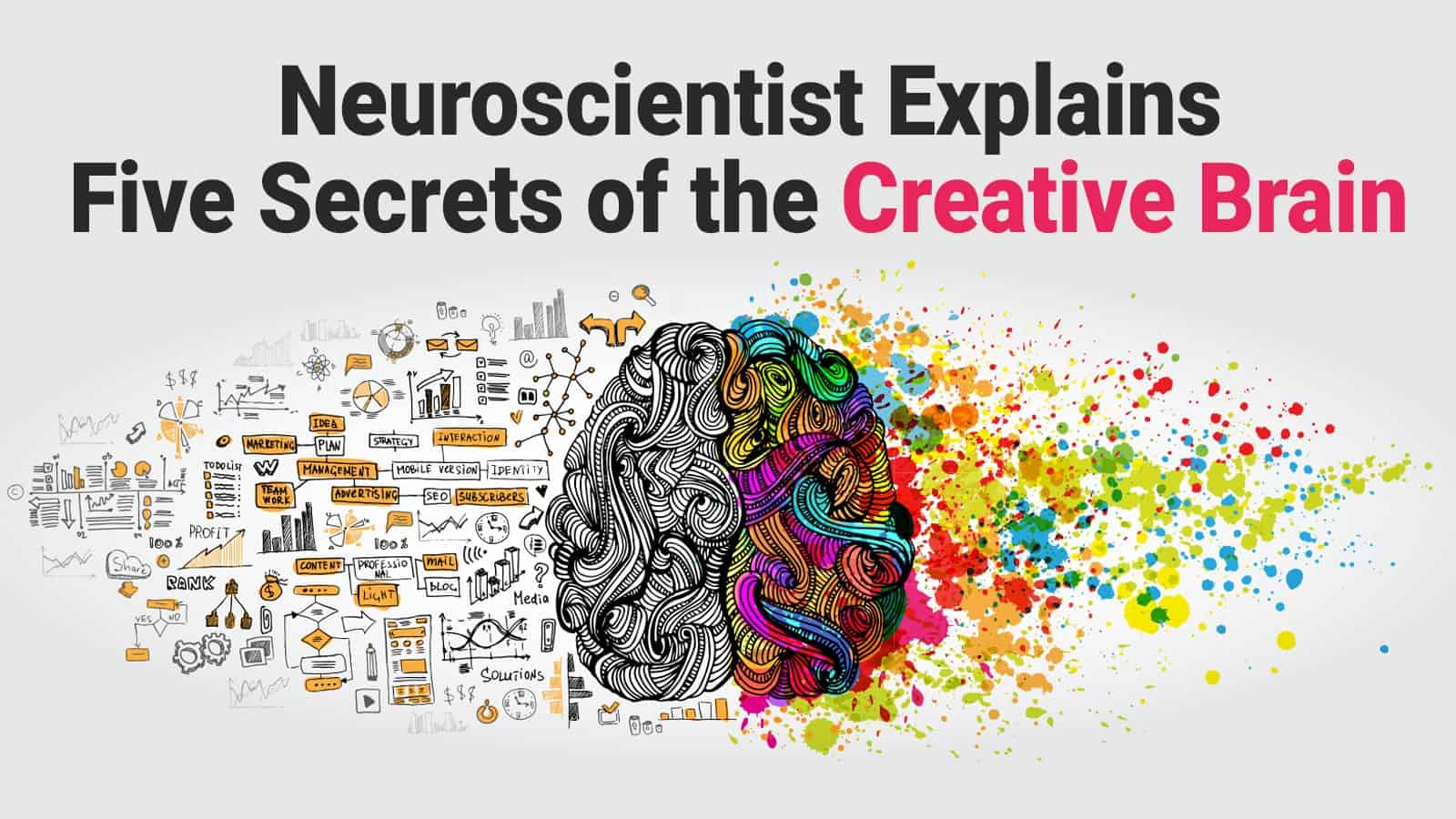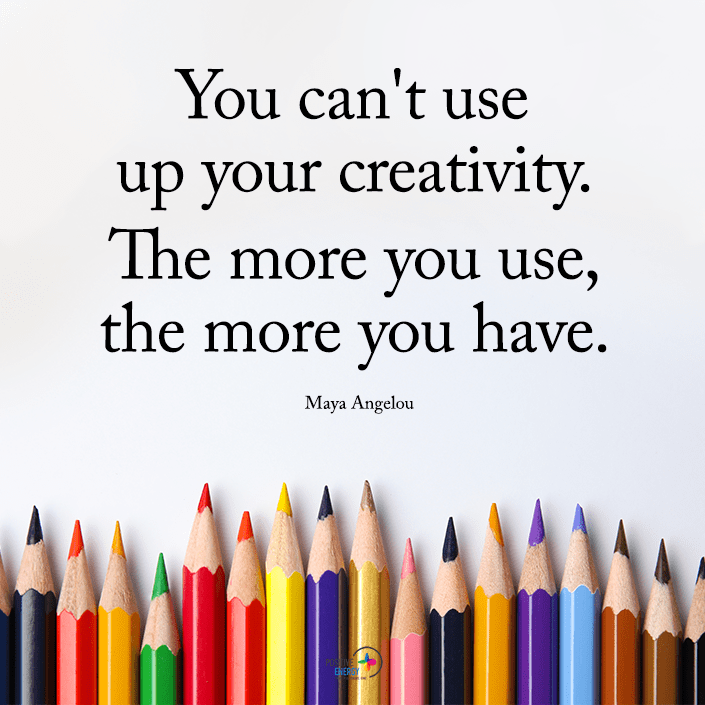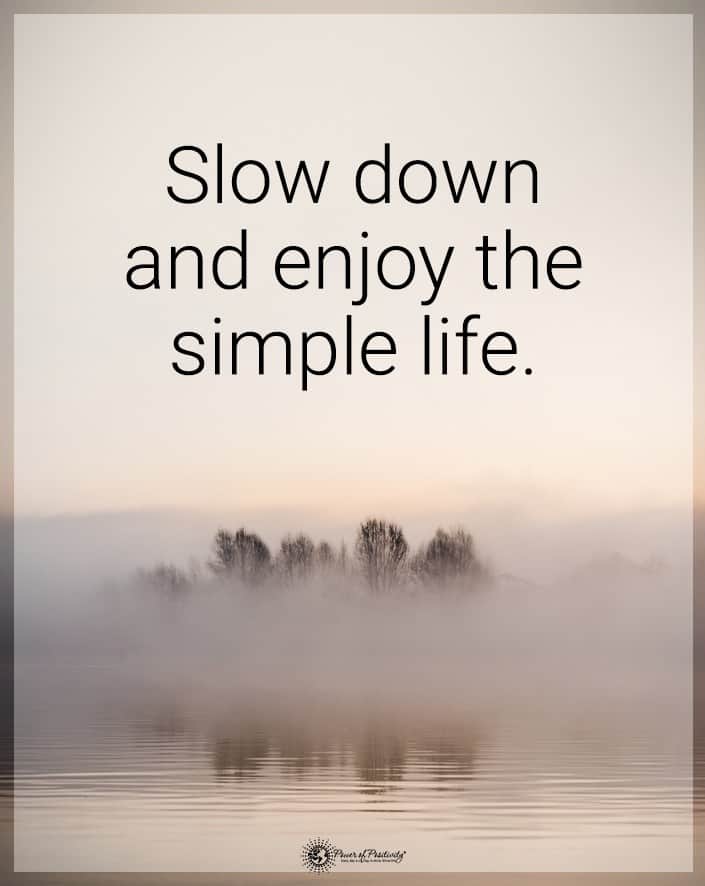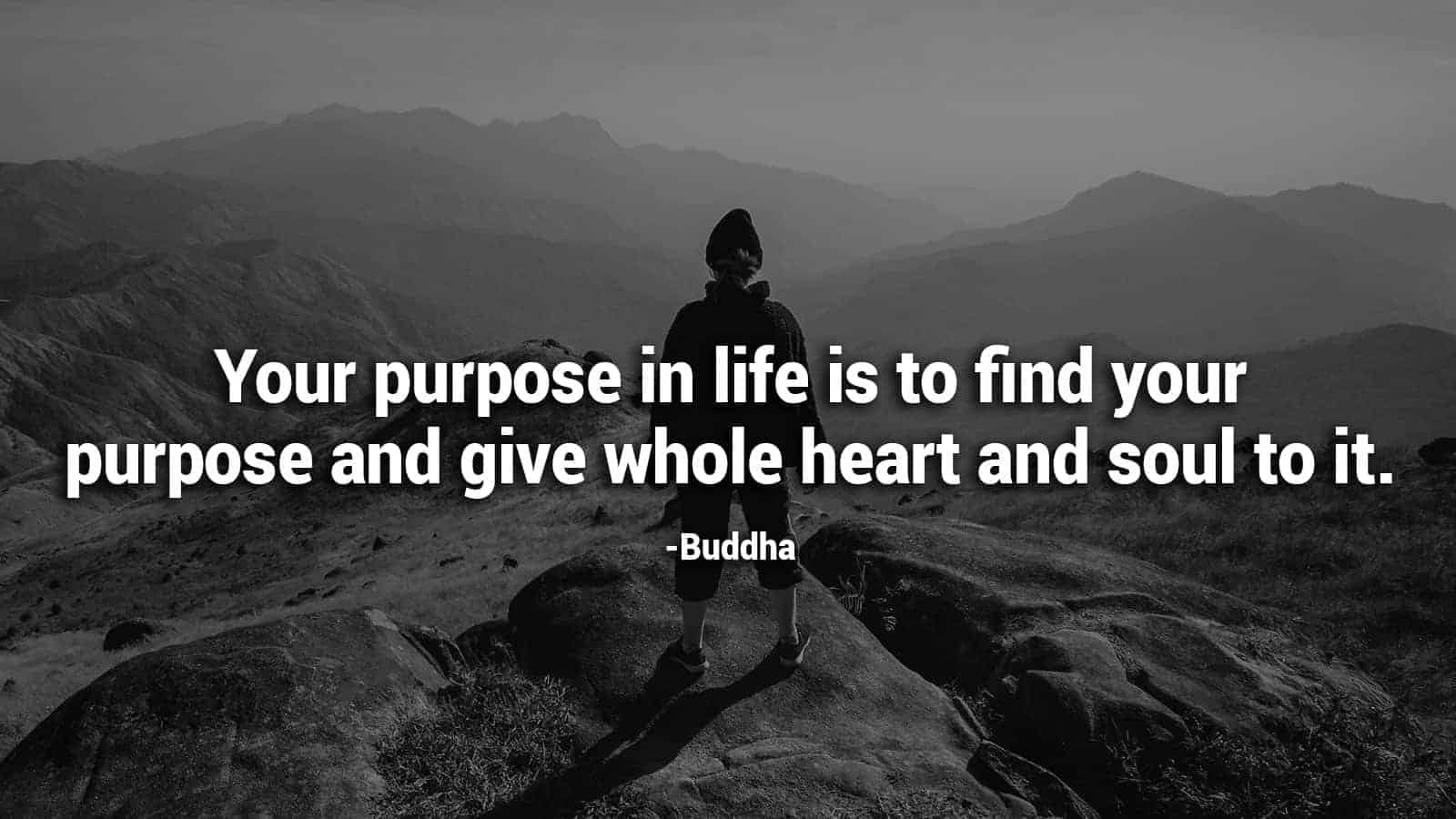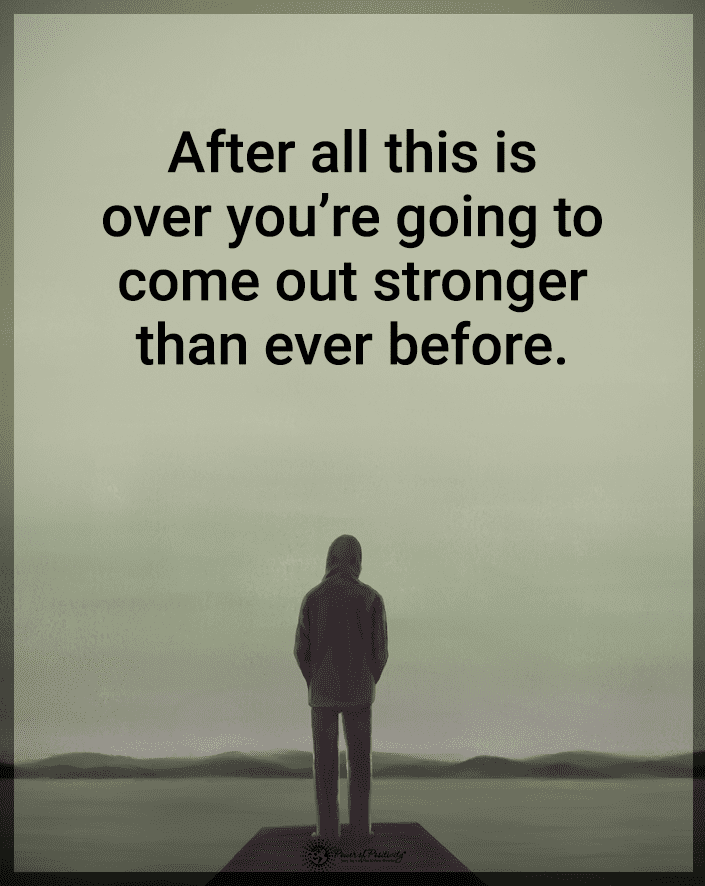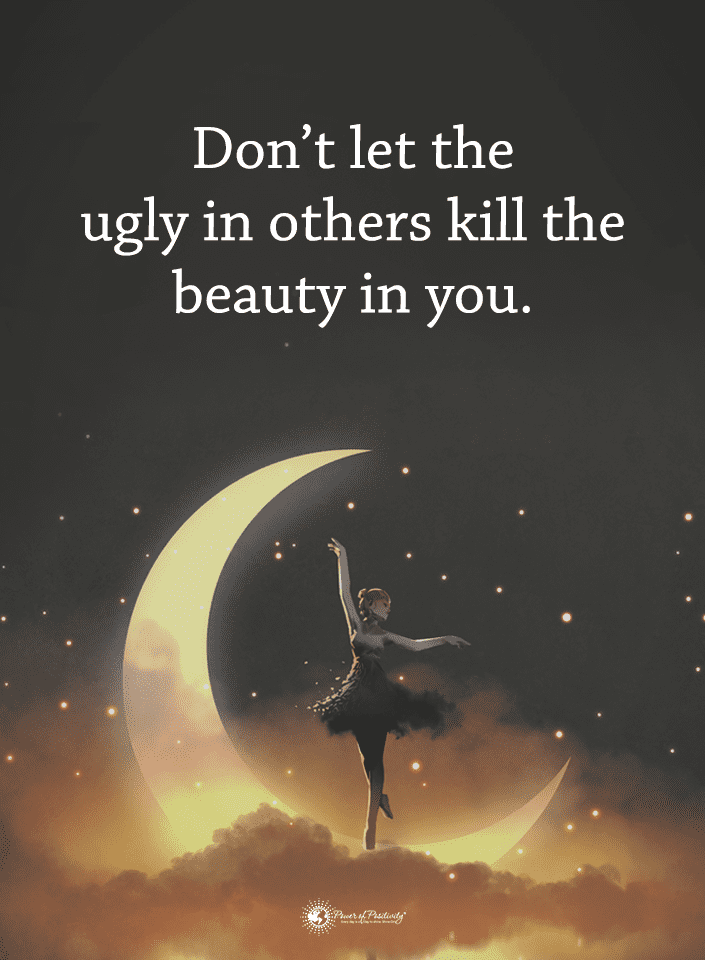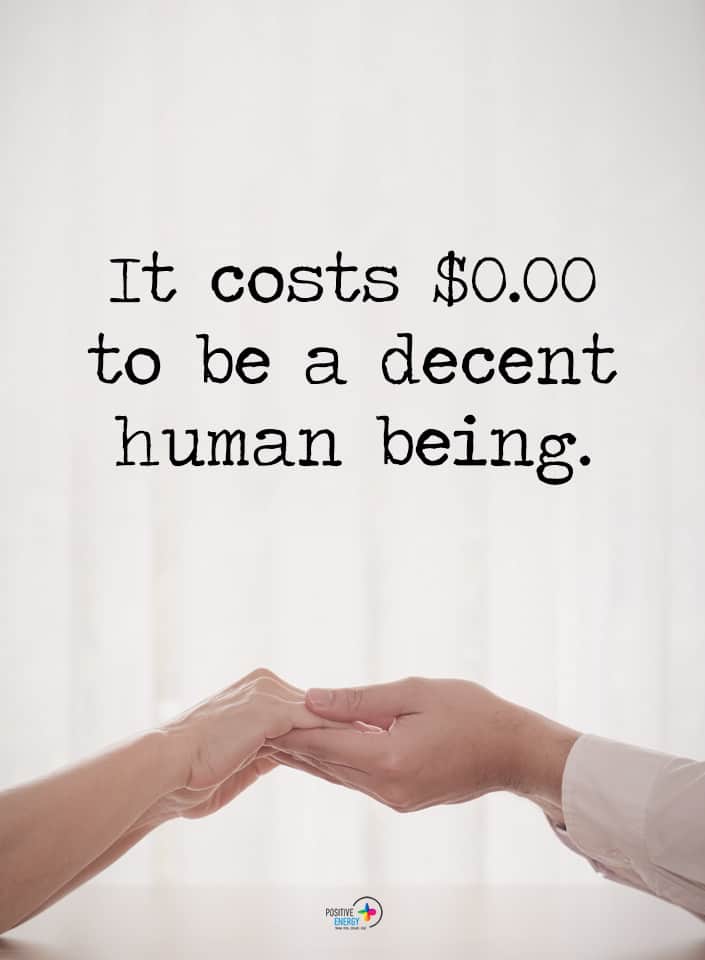“Instinct is a marvelous thing. It can neither be explained nor ignored.” ~ Agatha Christie, The Mysterious Affair at Styles.
Some people use their gut instincts to explain what may seem like a random decision while some people discount their instinct in favor of evidence and logic. A study conducted at ETH Zurich shows that the stomach has a way of talking to us when we are experiencing fear and other negative emotions. Many believe this “signal” helps us to make the right decisions when faced with conflicting information or perceived danger.
Lead researcher Urs Meyer, says, “The innate response to fear appears to be influenced significantly by signals sent from the stomach to the brain.” He goes on to say, “We were able to show for the first time that the selective interruption of the signal path from the stomach to the brain changed complex behavioral patterns. This has traditionally been attributed to the brain alone.”
So what exactly are gut instincts? Traditionally they are defined as something you just know or sense. A natural, unlearned, predictable response to stimuli.
But more than that, gut instincts help us survive. The problem is we are also thinking beings, and when we feel something is not just right, instead of taking action based on the feeling, we stop and think about it. It’s this pause that can sometimes work against us.
Here are five signs you’re not listening to your gut instincts:
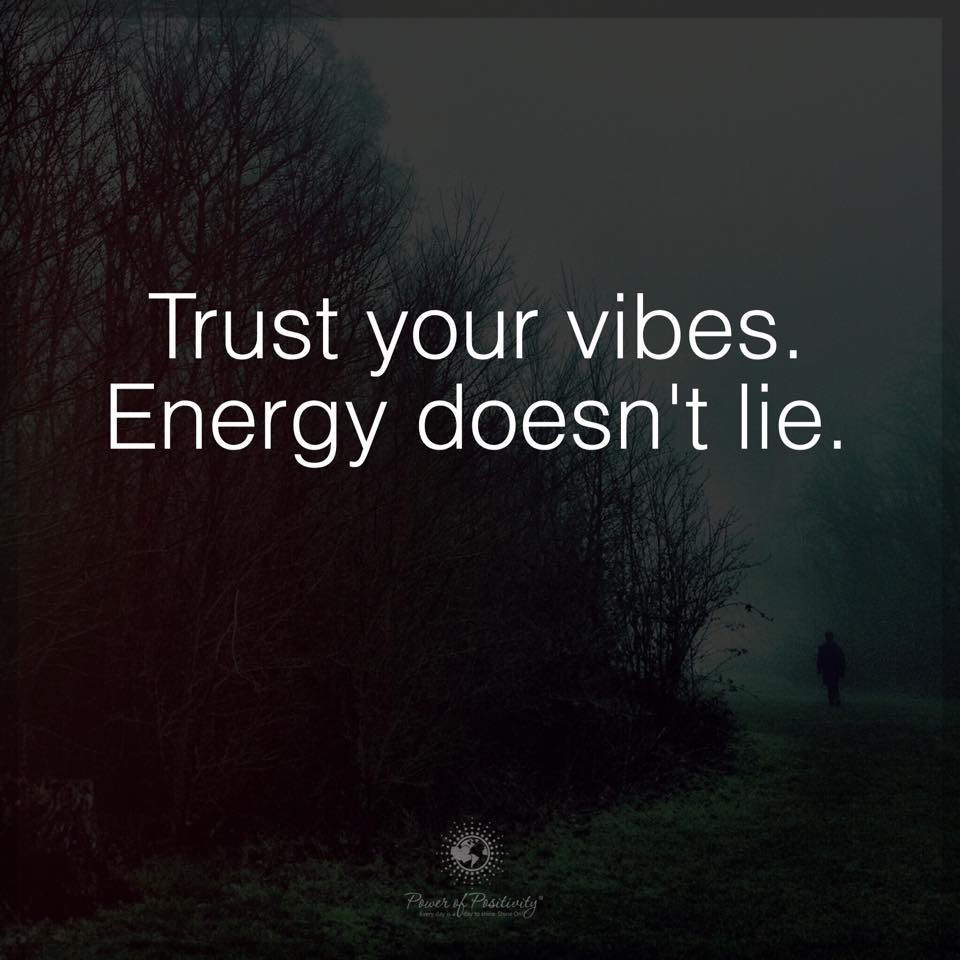
1. You choose to stay where you are even when your instinct says otherwise.
When we are experiencing a feeling of fear in our stomach or the hairs on the back of our neck are standing up, we shouldn’t stay where we are. Instead, leave the area and then try to figure out what is going on, even if you can’t explain it. Remember, the feeling that something is wrong is a gut instinct, and the time we try to figure out whether it is a valid feeling or not, could jeopardize our safety. The adage “better safe than sorry” certainly applies here.
2. You choose to trust someone even when your gut instincts are telling you to question them.
Just because someone has a title or an advanced degree doesn’t mean they have earned our trust. We tend to take someone’s word on something if they have the right credentials even when our gut instincts suggest we question them. Think about a doctor’s visit. We go in because something is wrong, and we’re told we’re healthy. We leave feeling as if something is not quite right, but we put our faith in what the doctor has told us. It’s important that we continue to question our gut instincts until the right answers appear.
3. You are questioning every decision you make.
When we listen to our gut instincts, we are confident in the decisions we make. We may have considered the evidence and listened to varying opinions, and then made a decision that was in agreement with our gut. When we do that, we tend to move forward with comfort and ease. It’s when we take into account evidence and opinions, while choosing to go against our gut instincts that we question the decision. It seems like a good decision on paper, yet we continue to doubt we’ve done the right thing. If we are questioning and doubting the decisions we are making, we need to start listening to our gut instincts more.
4. You are looking for a reason not to do something even though it feels right.
Fear talks through our thoughts even when our gut “just knows.” When we know we should do something, but continually look for reasons not to do it, we are letting fear control our decisions. Personal growth can’t happen if we give into fear. Fear thinks it’s trying to protect us while our gut is telling us to do what’s necessary to continue towards living our best life. If something excites us and makes us feel uncomfortable at the same time, we should trust our gut and stop taking the “safe” option.
5. You avoid taking action even though you know it’s necessary.
To achieve our goals, we must take action. It’s as simple as that. The problem comes that working towards our big goals can be scary because failure is an option. Our gut wants us to take the action in spite of the potential for failure while our head wants to stay and plan to avoid the failure. We must learn to shift our focus from the outcome of the action to doing the action. When we concentrate on doing our best regardless of the outcome, it becomes easier to listen to our gut instincts and take that first step.
The best way to tune into our gut instincts is to find some quiet and really pay attention to the feelings in our gut. The answers may not always seem logical, but they will always be of service.



